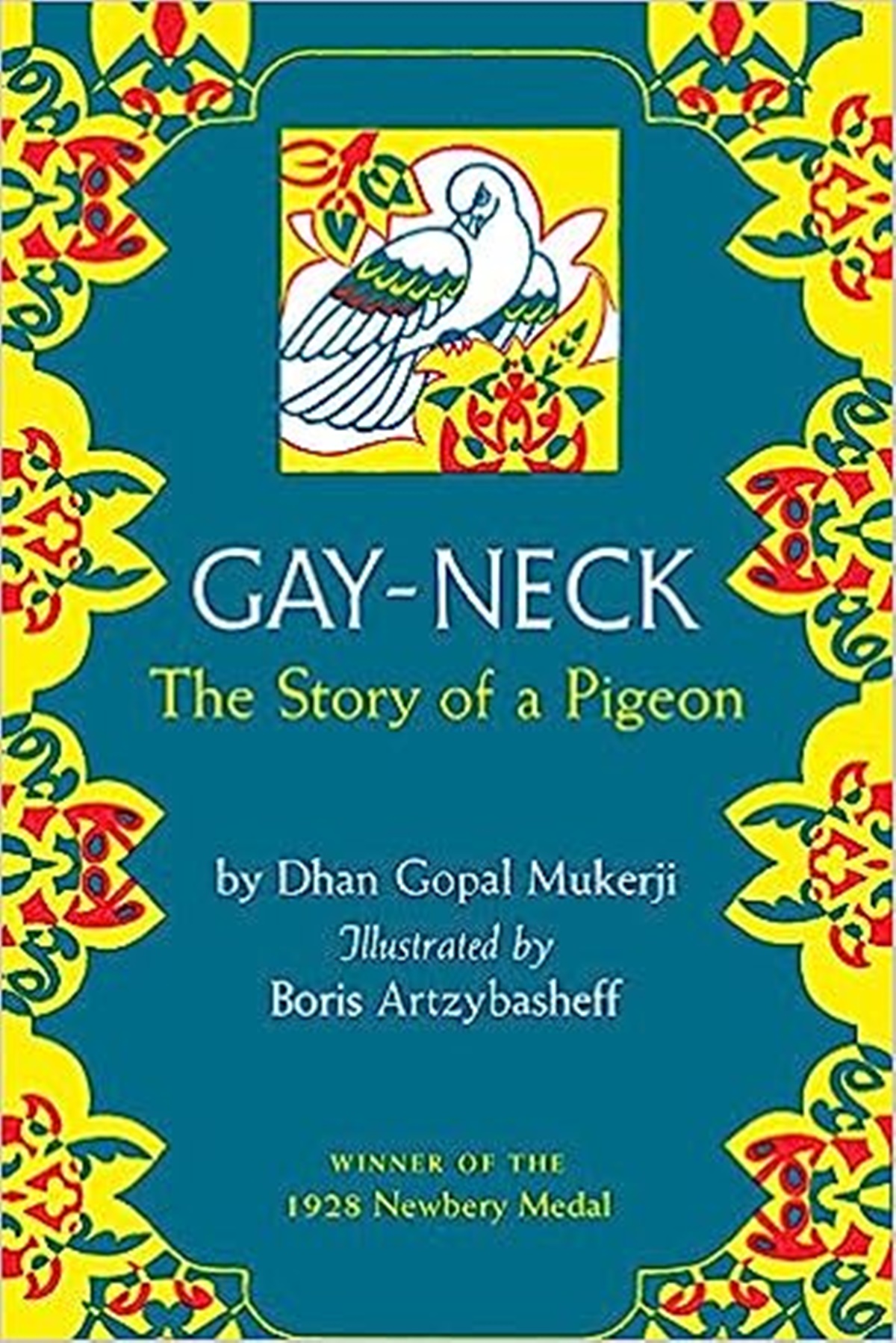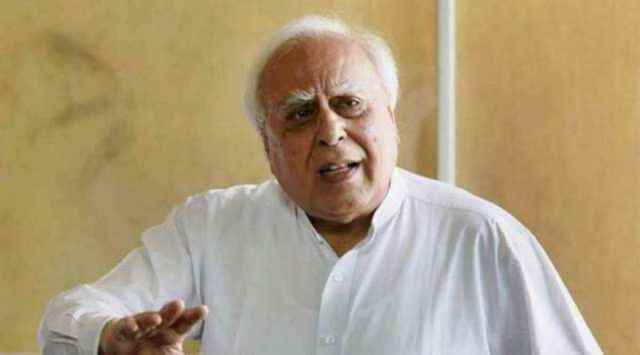[ad_1]
Since the last few years, questions of identity and representation have taken centre stage in pop culture discourses across the globe. The Indian diaspora has also been swept up in these discussions — from romance novels to Marvel movies to British TV shows, people of Indian descent have been demanding not just representation for its sake alone, but a seat at the table, an active acknowledgement of their contributions to culture.
In 1928, much before these debates took off, Dhan Gopal Mukerji became the first Indian to win the prestigious Newbery Medal – awarded to “the most distinguished contributions to American literature for children” annually – for his novel Gay Neck, the Story of a Pigeon. Written in 1927, the book chronicles the life of a prized Indian pigeon, his training, and his relationship with the humans around him. Mukerji would later say that the novel was based on his own experiences as a boy, and “the message implicit in the book is that man and winged animals are brothers.” Literary critic and Professor of English at Morgan State University, Meena G Khorana has described the book as one of the few children’s novels to explore the Himalayas in a meaningful way.
Born on July 6, 1890, Mukerji wrote prolifically across genres and forms, highlighting Indian themes, especially rural and forest life, in his work. He grew up in an orthodox Bengali Brahmin household in a village abutting present-day Kolkata. The first part of his memoir, Caste and Outcast (1923) focuses on his traditional upbringing, while the second part describes his disillusionment with village life, prompted in large part due to his brother Jadu Gopal’s influence.
Jadu Gopal was a revolutionary fighting for India’s independence. It was because of him that Mukerji decided to enrol at the University of Calcutta. He would also later write a memoir based on his brother’s life, titled My Brother’s Face (1924).
 Gay Neck: The Story of a Pigeon (Amazon.in)
Gay Neck: The Story of a Pigeon (Amazon.in)
After graduation, Mukerji was sent to Japan to study textiles and industrial machinery. This would be a short stint though — he quickly grew disillusioned with what he perceived as dehumanising conditions of work on the assembly line. He left for San Francisco in the US, where he enrolled at the Stanford University in 1910, to study philosophy.
For Mukerji, writing became a means to pay his way through college. He wrote two collections of poems, Sandhya, Songs of Twilight and Rajani or Songs of the Night, along with a play, Laila Majnu during this period. He married an American artist and educator Ethel Ray Dugan, and, in 1918, their son was born, named Dhan “Dan” Gopal Jr.
In the 1920s, Mukerji and his family moved to New York, where he found success as an author of children’s books. His popular books from this era include Kari The Elephant (1922), illustrated by J E Allen; Hari: the Jungle Lad (1924), illustrated by Morgan Stinemetz; and Hindu Fables for Little Children (1929). Many of these books were either retellings of stories he had heard as a child, or taken from his own life in India.
In the later half of the ’20s, Mukerji moved towards writing non-fiction for adults, with a focus on India and spirituality. He wrote A Son of Mother India Answers in 1928, as a response to Katherine Mayo’s Mother India (1927), which portrayed Indian society in racist terms. He also wrote The Face of Silence in 1926, which was about the 19th-century spiritual leader Ramakrishna Paramhansa.
Even in the US, he had retained the revolutionary zeal of his youth: he was said to be a close associate of MN Roy, founder of the Communist Party of India. He was also in touch with Congress leader and the future first Prime Minister of India (according to the South Asian American Digital Archive, who was also godfather to his son), Jawaharlal Nehru. Their letters contain passages where Mukerji scolds Nehru for his “poor” decisions), as well as descriptions of New York.
Mukerji died by suicide on July 14, 1936. His last years were reportedly marked by mental health and financial issues (exacerbated by the Great Depression), as well as a sense of despondence over his inability to do much to further the cause of Indian independence.
[ad_2]











